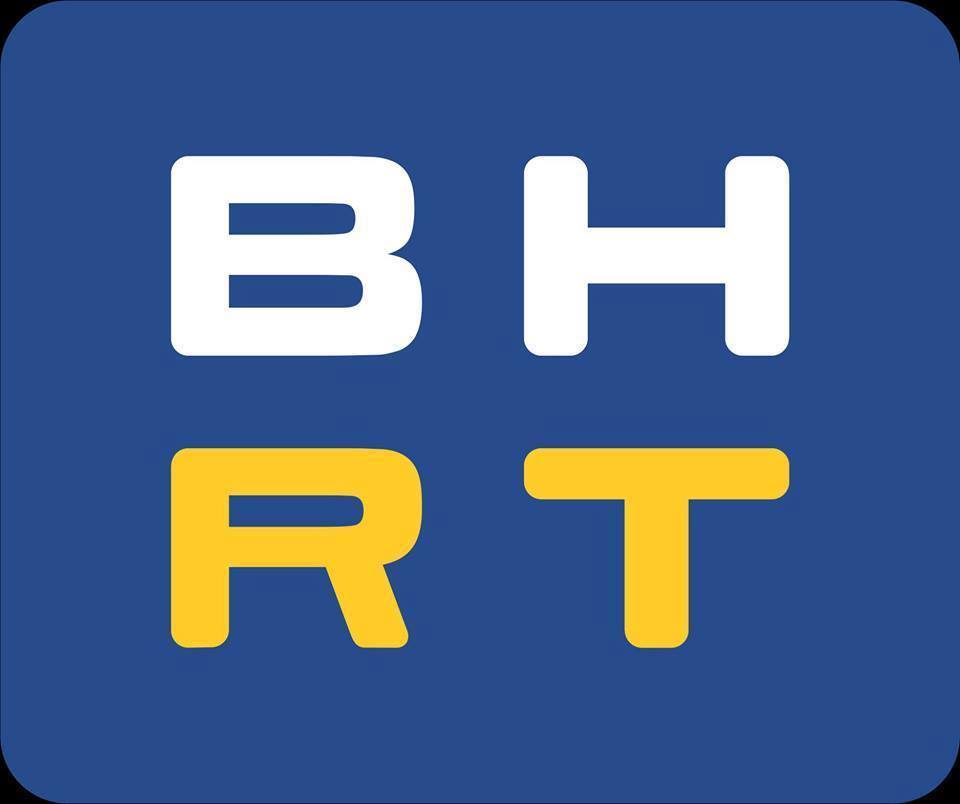The Bosnia and Herzegovinian Radio and Television (BHRT) service will temporarily suspend broadcasting from the 30 June as a result of longstanding financial difficulties.

The suspension of services was announced by BHRT’s board of directors due to unpaid debts from entity broadcasters FTV and RTS, and a sustained period of falling revenues from the country’s TV ownership tax, which has been poorly maintained.
As the broadcaster’s main source of income, the TV ownership tax was designed to be collected through telecom operators and split – along with advertising revenues – between the three broadcasters, with 50% going to BHRT. However, the tax has long been politically influenced and unpaid by a large number of TV owners according to Balkan Media Watch.
Attempts to reform the current funding model, which was due to expire last year, have so far been unsuccessful. BHRT’s suspension of services will last at least until an alternative is found.
The decision to stop broadcasting has been widely criticised by media watchdogs as a detriment to the country’s media freedom and plurality, with Bosnia and Herzegovina to become the only European country “without an active national public service broadcaster”, according to the European Broadcasting Union (EBU).
The OSCE’s representative on Freedom of the Media, Dunja Mijatovic, made an urgent call to Bosnian authorities to prevent the shutdown of BHRT. In a statement on the OSCE’s website, Mijatovic reiterated the democratic value of public service broadcasting, stating:
“Even a temporary shutdown impedes citizens’ right to receive crucial public information and should not be seen as the solution to financial difficulties.”
The suspension of BHRT services comes at a time of growing concern for public service broadcasters (PSBs) across Europe as an increasing number face financial and political pressures. We recently reported on the situation in Poland where new media laws have severely impaired the independence of its PSBs, while the Swiss broadcaster SBC is currently facing political pressure to privatise its services.
More regionally, the Romanian PSB Televiziunea Română (TVR) faces potential financial collapse due to years of underfunding as a result of outdated legislation, which has kept the country’s TV tax at an unsustainable €0.90 per month, per household since 2003.
You can read more about decline of public service broadcasting in Bosnia via Balkan Media Watch
Homepage image: Sarajevo at night. Image: Gabriel Hess/Creative Commons
By Kristian Porter
